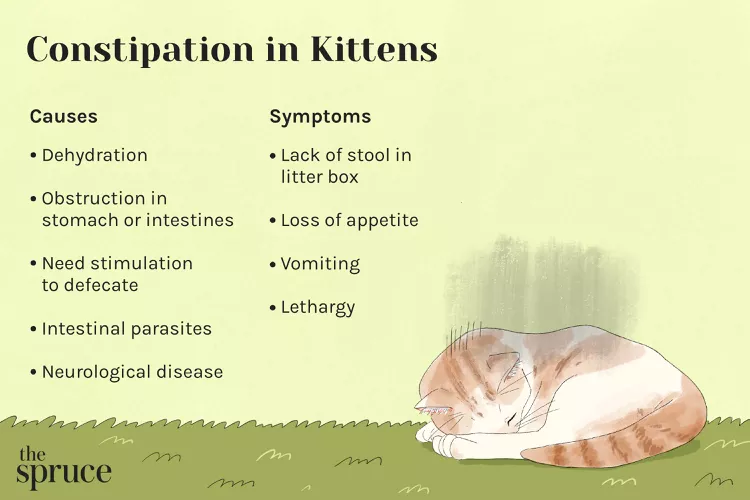
Kitten constipation may occur for several reasons. Kittens who cannot defecate are not only uncomfortable but are also at risk for serious problems if not treated. If your kitten is litter-trained, you may not even notice constipation until you realize you haven't seen any stool for a few days. Here's how to tell if your kitten is constipated and what to do about it.
The most common sign of kitten constipation is a lack of stool in the litter box. A constipated kitten may also show the following signs:
Kittens typically defecate at least once daily, but it's not unusual for them to occasionally skip a day. At first, a lack of feces in the litter box may not raise any red flags. But if your kitten has not produced any stool in two or more days, you should start monitoring for constipation (difficulty defecating) or obstipation (not producing any feces).
A constipated kitten may repeatedly visit the litter box, straining to pass stool and even crying out. Kittens may pass small, hard pieces of feces, which may be accompanied by stool-colored liquid, blood, and/or mucus. Pay attention to what you see in the litter box each day so you'll be able to tell if it looks abnormal.
Contact your veterinarian if you think your kitten may be constipated or if they're showing any signs of illness.
Kitten constipation may have several contributing causes.
Dehydration is a common cause of constipation in animals. This usually happens if a kitten does not have access to a water bowl and it only eats dry food, or during the weaning process when it's transitioning off of its mother's milk. The stools that it passes—if any are produced at all—will be small and very hard.
Kittens may eat non-food items that can block the stomachs or intestines, making them unable to defecate. This is common with curious kittens that eat things like strings, ribbons, floss, hair ties, and other household items that are small enough to fit in their mouths. The item may prevent food from passing or bind up the intestines so that the GI tract is unable to move things through the kitten's body. Hairballs can also cause a kitten to be unable to defecate.
Heavy intestinal parasite burdens can cause a kitten to become constipated. The worms may become so numerous in the intestines that they cause a blockage, keeping stool from passing.
Very young kittens that are not yet weaned need to be stimulated to defecate. Mother cats usually do this by licking the rectum of their kittens. If the mother cat fails to do this, a kitten is likely to get constipated unless a human is regularly wiping the kitten's rectum to stimulate it to pass stool. Young kittens may also become constipated when they are weaned and transitioned to solid food.
A kitten can be born with a birth defect or condition that prevents normal defecation. Neurological conditions and various other diseases may cause a kitten to be constipated or obstipated, but these are more common in older cats,
Your veterinarian will begin by discussing your kitten's history and performing a physical examination, which includes feeling the abdomen for impacted stool. The vet may recommend X-rays of the abdomen to visualize the intestines and definitively diagnose constipation or obstipation.
If your kitten's constipation has just begun and they're still eating, playing, and acting normally, you can try a few things before seeking veterinary assistance.
If you don't see stool in the litter box within a day, or if your kitten isn't active and eating, bring them to the veterinarian. They may need to do an enema to help your kitten poop on their own. In cases of severe constipation, the vet may need to sedate your kitten and manually remove the stool. Fluid therapy may also be necessary to restore hydration. This is typically done as an injection of fluids under the skin. Intravenous fluids and hospitalization may be needed for severe dehydration.
The best thing you can do to help prevent your kitten from becoming constipated is to make sure they stay hydrated. Full bowls of fresh water, cat water fountains, canned food, and water added to dry cat kibble can all help keep your kitten hydrated.
These tips can also help prevent kitten constipation:
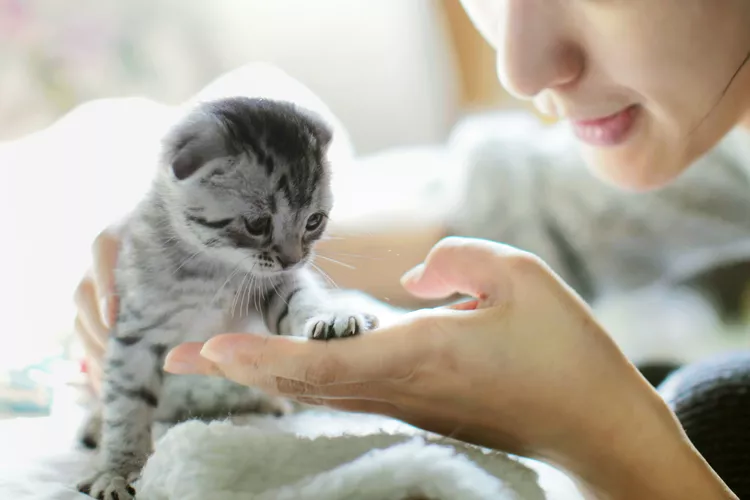
The First 30 Days With Your New Kitten
The first month is full of changes and excitement for a kitten in a new home. Find out what to expect and what you can do for your new feline friend.
How Old Is Your Cat in Human Years?
As a cat ages, there are often behavioral and physical changes too. Find out how to convert cat years to human years and what to expect at each stage.
What to Buy for Your New Cat: A List of Essentials
Before you bring your new cat or kitten home, there are a number of things to collect or buy so your cat will feel welcomed like a family member.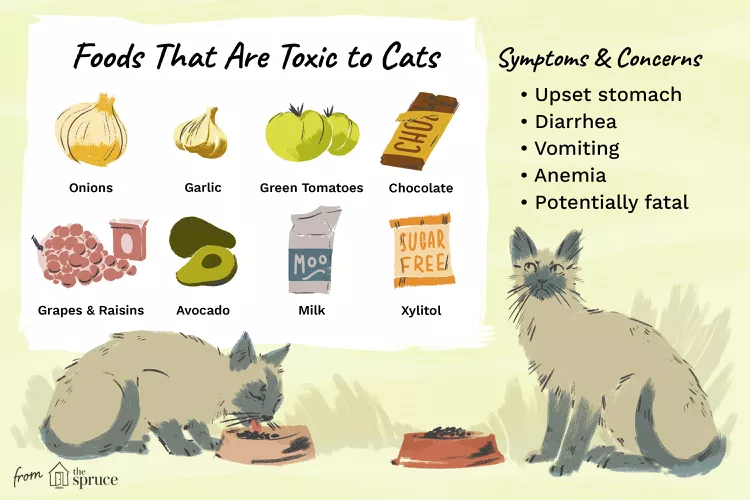
Human Foods That Are Poisonous to Cats
Many human foods are toxic to cats. Avoid feeding cats table scraps. Instead, feed a nutritious cat food created for their specific nutritional needs.
Cat Food Ingredients to Avoid
When checking the nutrition content of cat food, look for ingredients that are not healthy or show it is of poor quality. Avoid these 3 ingredients.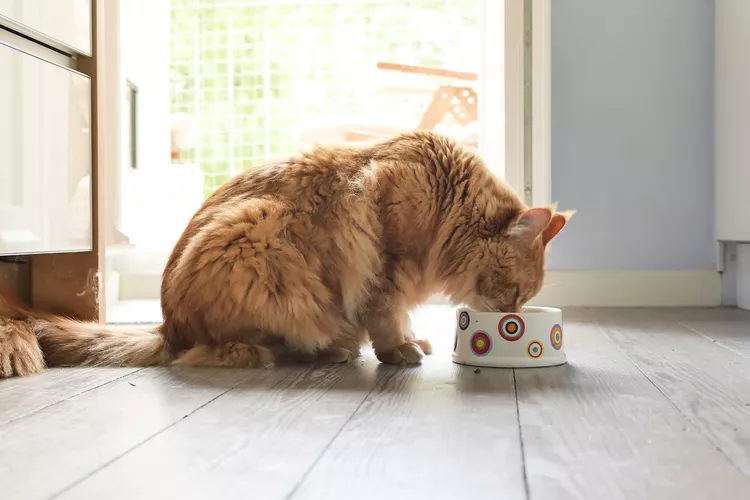
Should You Feed Your Cat a Raw Diet?
Learn the pros and cons of raw diets for cats, and find out how to choose a raw food diet for your own cat.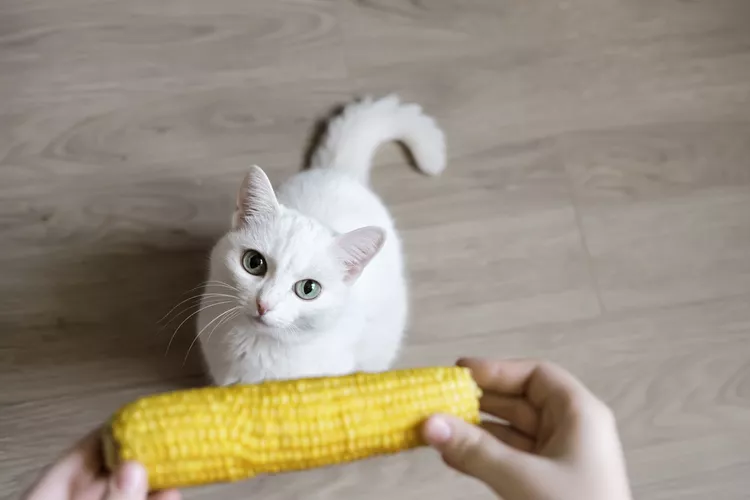
Can Cats Eat Corn? Here's What A Vet Thinks
Corn is a common ingredient in cat food and can be a safe treat for cats when fed in moderation. Find out more about how to safely feed corn to your cat.
10 Obscure, Little-known Canine Facts in Honor of National Dog Day
With National Dog Day upon us, it's time to celebrate everything about our favorite pets—even the weirder stuff. Here are 10 obscure facts about dogs you probably didn't know.
The Different Types of Pet-Friendly Workplaces
Discover the different types of pet-friendly workplaces and the benefits they offer employees. Learn how to create a pet-friendly workplace and the best practices for pet owners.
Exploring the Different Types of Pet-Friendly Beaches
Are you looking for pet-friendly beaches? Learn about the different types of pet-friendly beaches, their locations, and tips for visiting them with your pet.
Why Is My Dog Lethargic?
Lethargy can be a sign that something is wrong with your dog. Find out what may be causing this lack of energy and what you should do about it.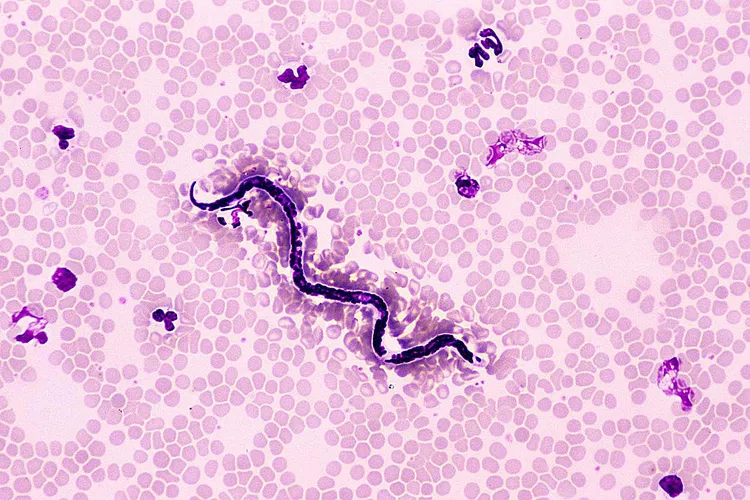
Medications to Prevent Heartworm Disease for Dogs
Heartworm disease is a serious risk for all dogs exposed to mosquitos. Find out about the products used to prevent Heartworm disease in dogs.
Can My Dog Eat Tomatoes?
You'll want to keep Fido out of your garden since the tomato plant is toxic, but you can safely offer him ripe tomatoes as a nutrient-packed treat.
15 Best American Cat Breeds
Several cat breeds, including the American shorthair and Bengal, have their origins in the United States. Learn more about these American cat breeds.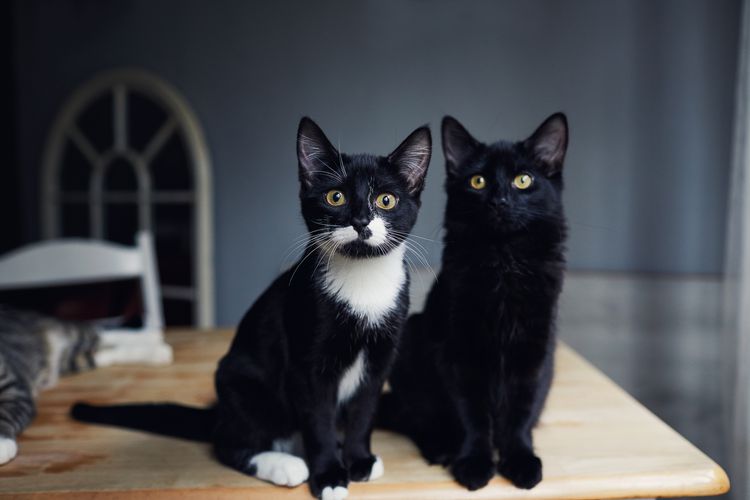
Why Do Cats Slap Each Other?
Cats can have some quirky behaviors—one of them being slapping each other. Why do they do this and what can you do to stop it?
Skye Terrier: Dog Breed Characteristics & Care
Learn all about the Skye Terrier, an elegant breed known for its friendly and even-tempered personality with classic terrier traits.
Sloughi: Dog Breed Characteristics & Care
Learn all about the Sloughi, an ancient dog breed known for its impressive running ability, slim stature, and affection toward its family.
English Setter: Dog Breed Characteristics & Care
Learn about the English setter, an excellent hunting breed for pointing and retrieving game. It's also a popular and affectionate companion dog.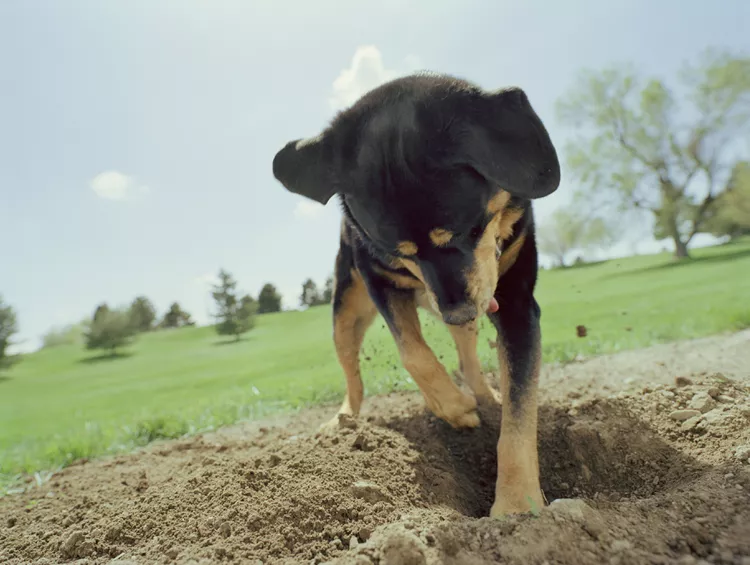
Why Dogs Bury Bones and Other Objects
If you give a dog a bone, he might bury it. Why is that? Learn about this burying behavior in dogs and what it means for your pet.
Reasons Why Dogs Run Away and How to Stop It
Dogs can escape, especially if they’re bored and not properly contained. Here are some techniques for stopping your dog from running away.